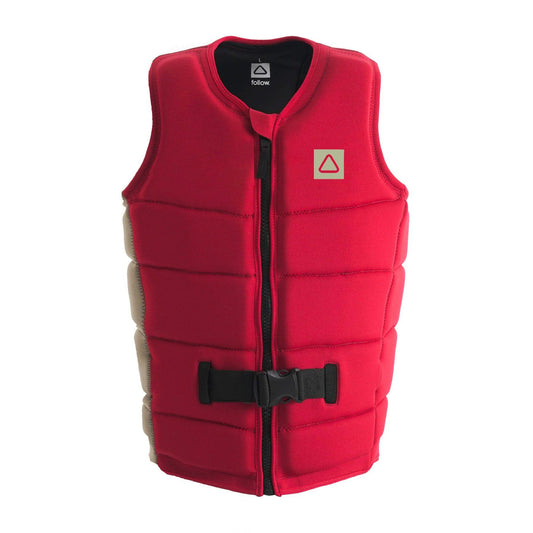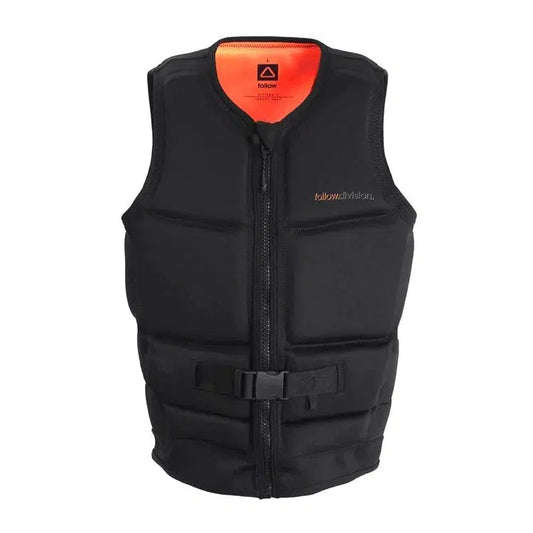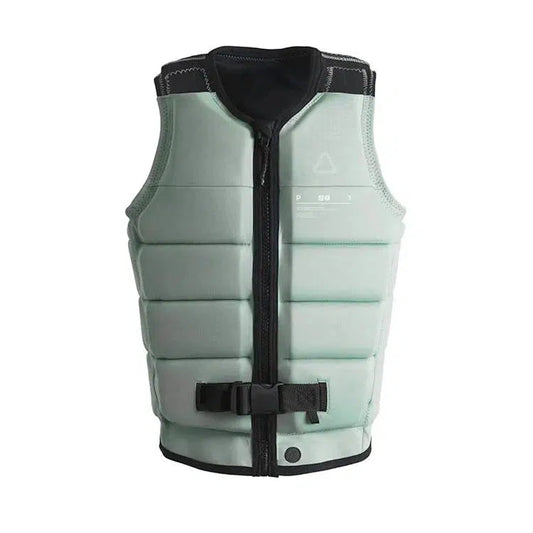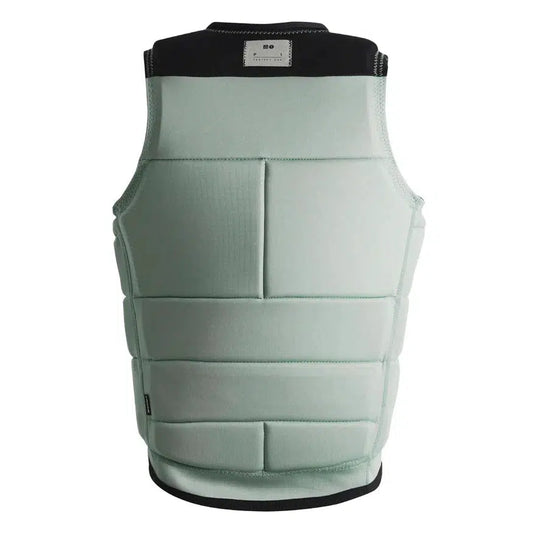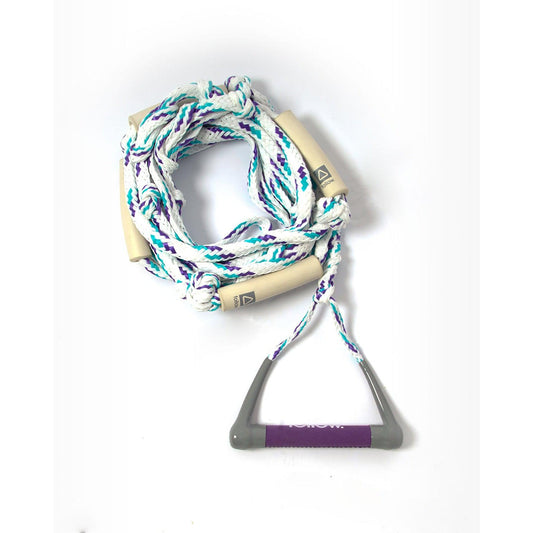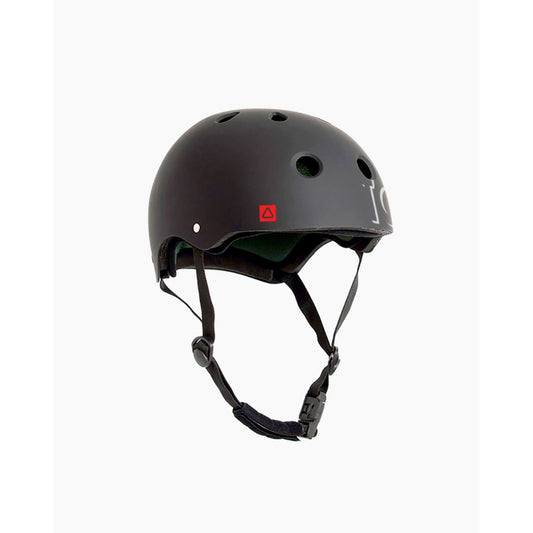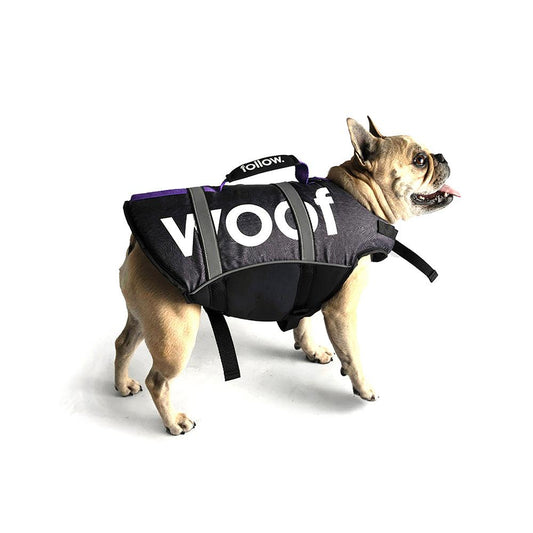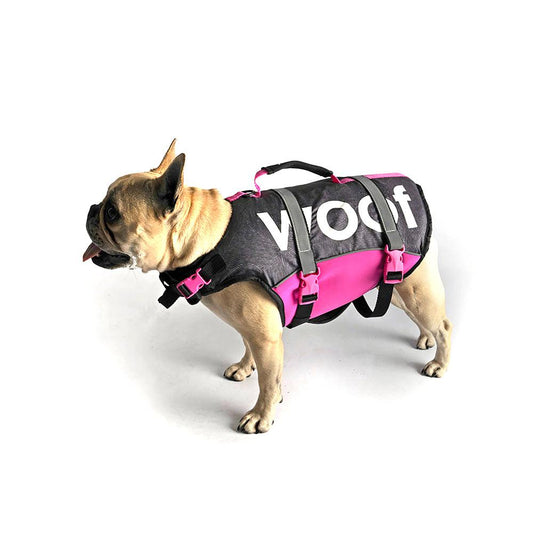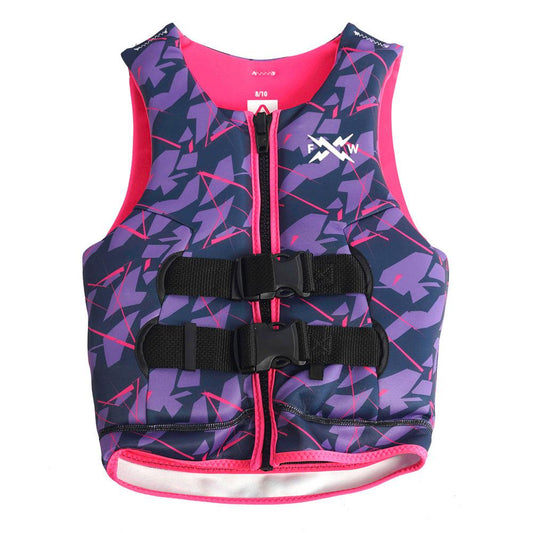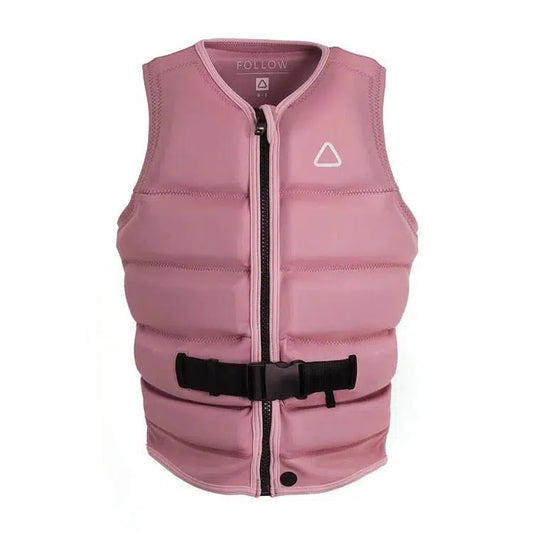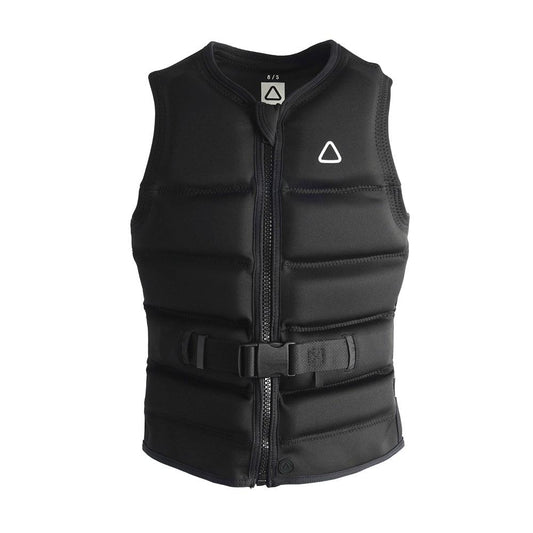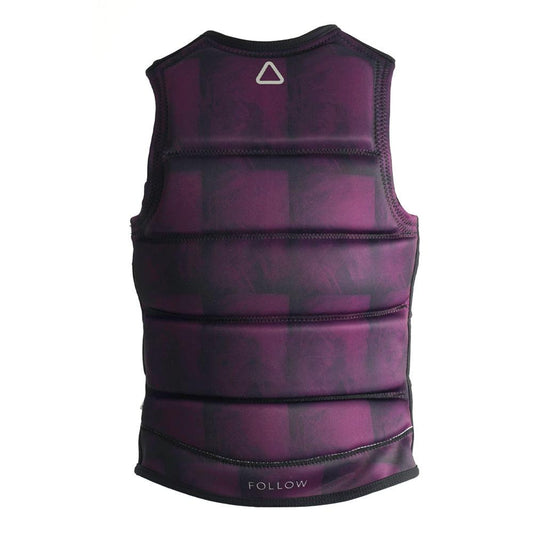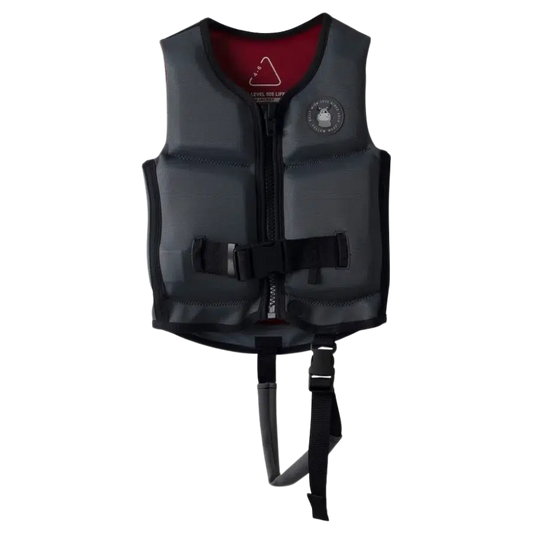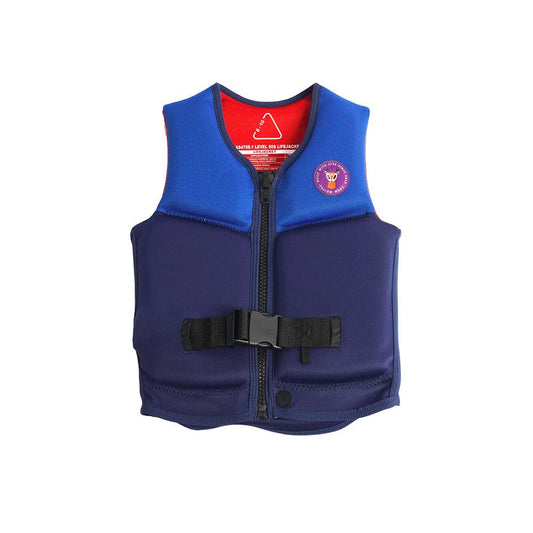Collection: FOLLOW
Welcome Wake are one of Australia's most experienced stores. With over 30 years trading history, and a huge range of boards and boots to suit your riding style and budget!
-
2025 Follow Order 2 Ladies Vest
Regular price $209.99 AUDRegular price$240.00 AUDSale price $209.99 AUDSale -
2025 Follow Corp Vest
Regular price $180.00 AUDRegular price$200.00 AUDSale price $180.00 AUDSale -
2025 Follow Division 2 Vest
Regular price $189.99 AUDRegular price$220.00 AUDSale price $189.99 AUDSale -
2025 Follow Project One Vest
Regular price $184.99 AUDRegular price$230.00 AUDSale price $184.99 AUDSale -
2025 Follow Project One Ladies Vest
Regular price $176.00 AUDRegular price$220.00 AUDSale price $176.00 AUDSale -
2025 Follow Atlantis Womens Vest
Regular price $189.99 AUDRegular price$220.00 AUDSale price $189.99 AUDSale -
2024 Follow Surf Package
Regular price $95.00 AUDRegular price$120.00 AUDSale price $95.00 AUDSale -
2025 Follow Pro Wake Helmet
Regular price $79.99 AUDRegular price$110.00 AUDSale price $79.99 AUDSale -
2024 Follow Grommy Jr Vest
Regular price $109.99 AUDRegular price$140.00 AUDSale price $109.99 AUDSale -
2024 Follow Dog Floating Aid
Regular price $60.00 AUDRegular price$80.00 AUDSale price $60.00 AUDSale -
2023 Follow Pop Youth Jacket
Regular price $99.99 AUDRegular price$120.00 AUDSale price $99.99 AUDSale -
2024 Follow Primary Ladies Vest
Regular price $160.00 AUDRegular price$200.00 AUDSale price $160.00 AUDSale -
2023 Follow Signal Ladies Jacket
Regular price $200.00 AUDRegular price$250.00 AUDSale price $200.00 AUDSale -
2023 Follow Order Ladies Jacket
Regular price $192.00 AUDRegular price$240.00 AUDSale price $192.00 AUDSale -

 Sale
Sale -
2023 Follow Monster Jr Kids Jacket
Regular price $98.00 AUDRegular price$140.00 AUDSale price $98.00 AUDSale



